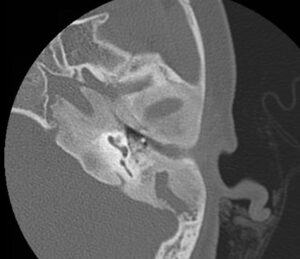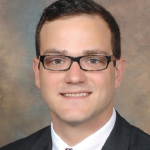ENTtoday is adding two resident positions to its editorial board. The editorial board serves as a think tank for the publication, providing content ideas, editorial direction, and insight into the […]


ENTtoday is adding two resident positions to its editorial board. The editorial board serves as a think tank for the publication, providing content ideas, editorial direction, and insight into the […]


The Resident Bowl team is collecting questions for the annual Resident Bowl happening at the 2025 Triological Society Combined Sections Meeting, January 23-25, in Orlando, Fla.

New standardized otolaryngology curriculum’s goal is to deliver a comprehensive and appropriately detailed curriculum that will help direct self-learning and serve as a jumping-off point for residency programs’ didactic learning.

Research training can vary from institution to institution, with some programs geared toward training otolaryngologists in private practice and others geared toward those who want to become academics or researchers.

Forgoing an additional academic degree, like business administration (MBA) and public health (MPH), may come at a cost in today’s increasingly complex and competitive healthcare environment.

Working to pay off student debt while trying to save for retirement makes investing and financial planning an important part of physicians’ lives.

Because our casts can be so different, generic one-size-fits-all wellness advice can fall short, but here are some things that can help you regain your sense of self.

Medical students described a negative academic climate to which they said USMLE Step 1 was contributing, a climate increasingly addled with competition over matching into subspecialties.

ENTtoday spent a few minutes with Alessandra Colaianni, a surgical resident at Massachusetts Eye and Ear, to find out how she keeps up with her passion for non-fiction writing, while maintaining a busy schedule.